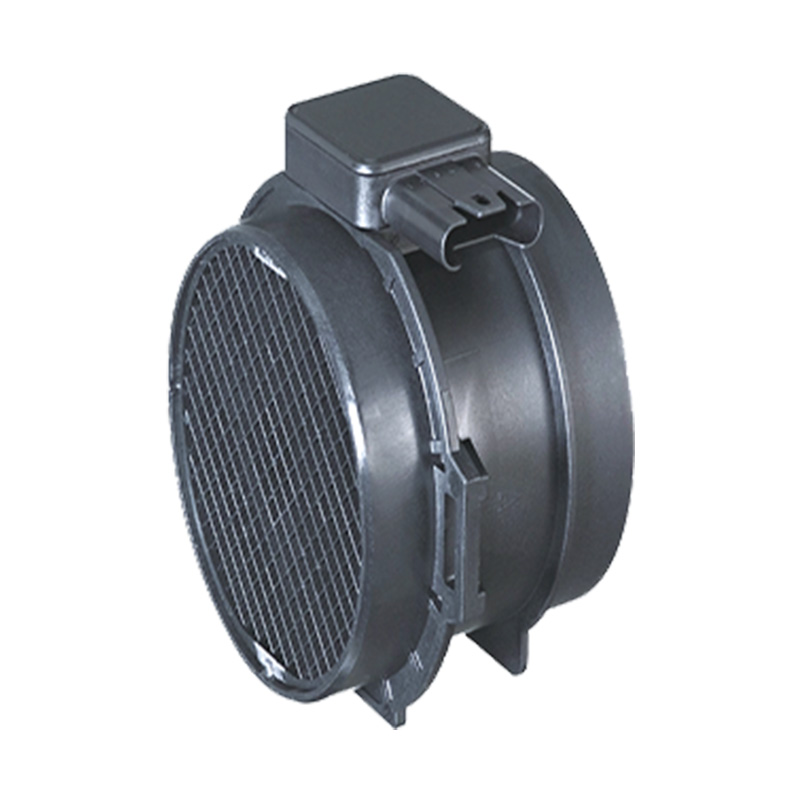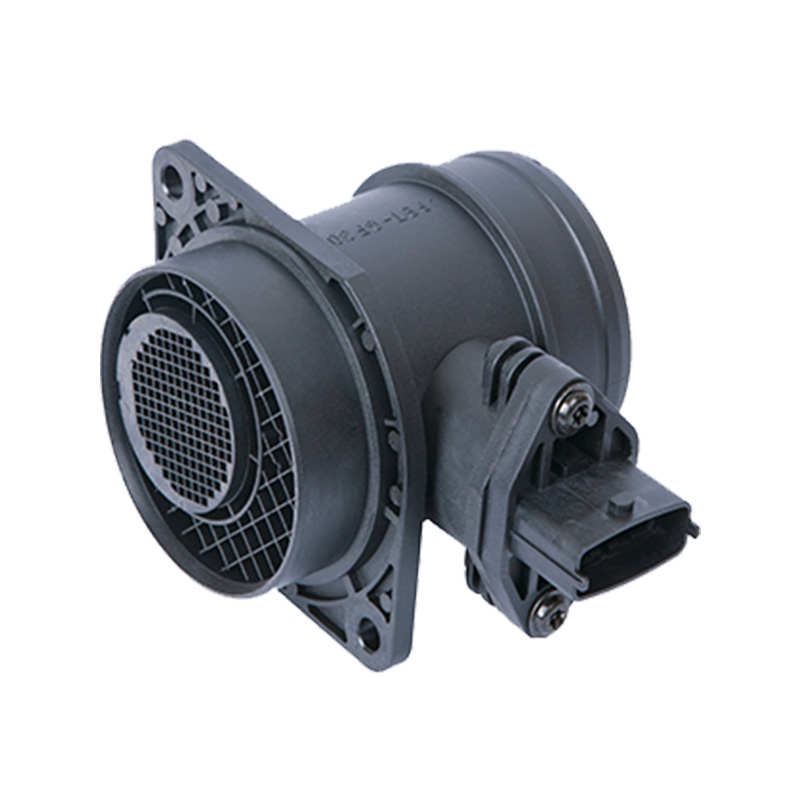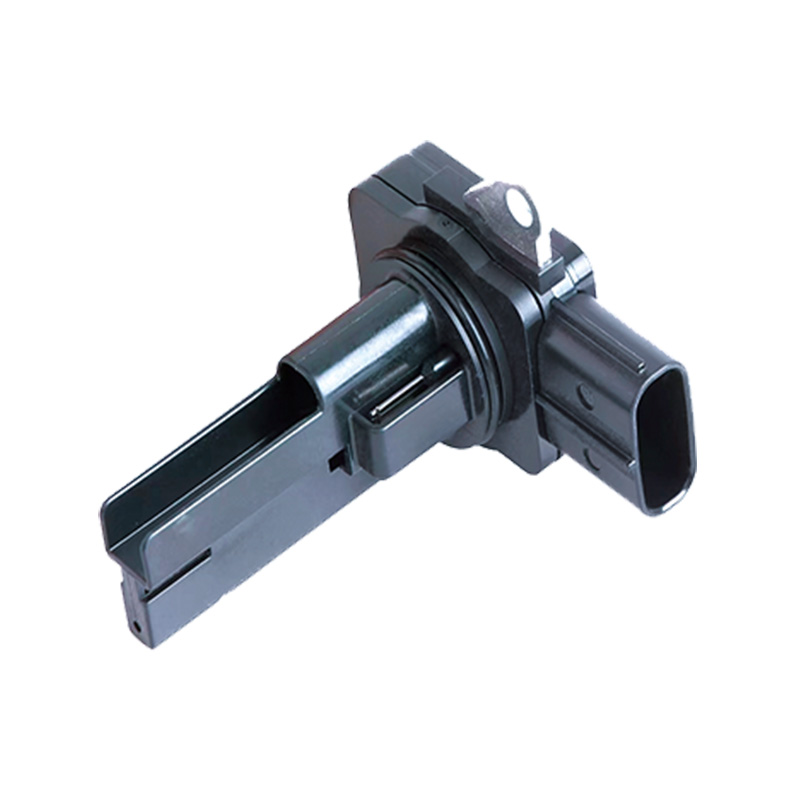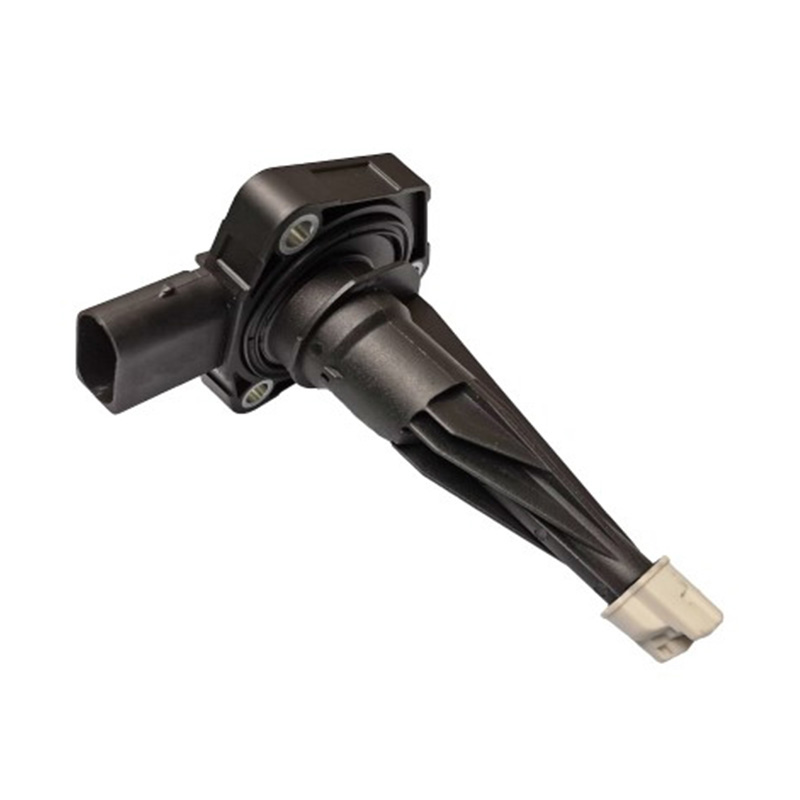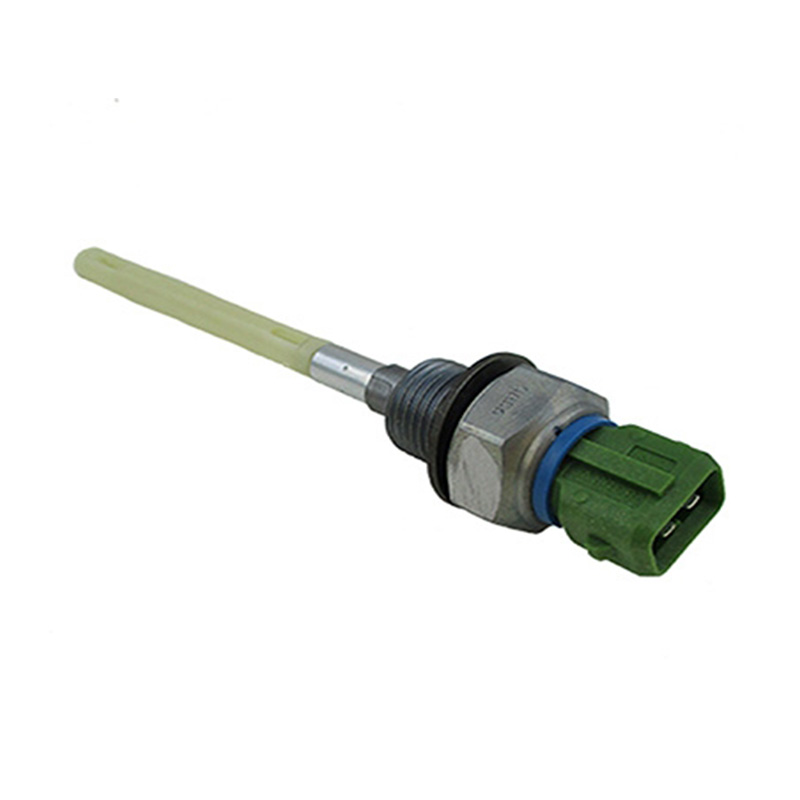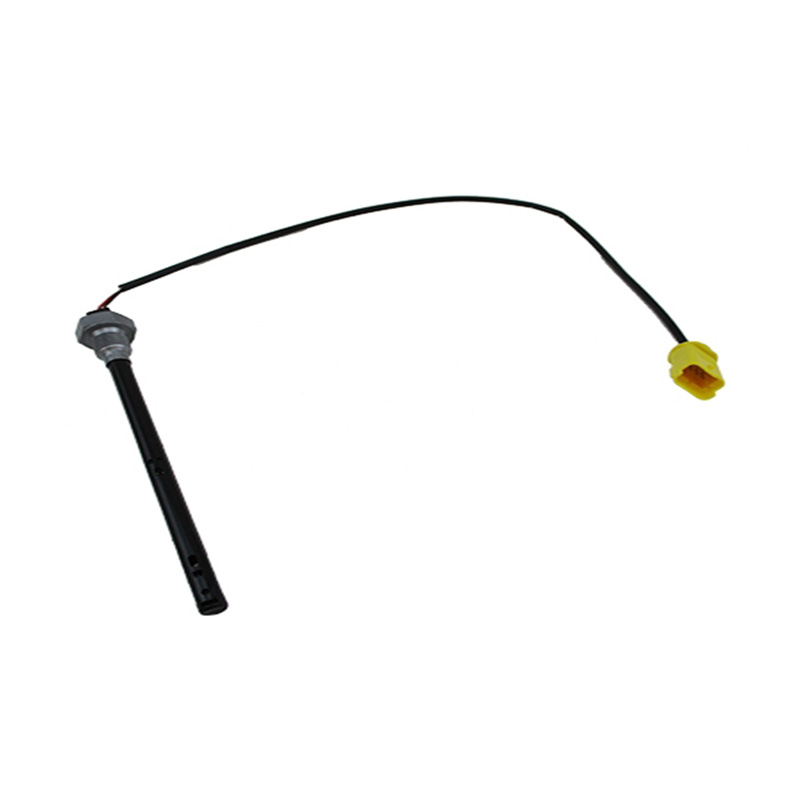OEM.NO: 5WK9642 5WK9642Z
See DetailsIndustry Breakthrough Of Bluetooth Tire Pressure Sensors And Wireless TPMS
The automotive industry is continuously evolving, with a strong focus on enhancing safety, efficiency,and convenience for drivers. One of the latest advancements in vehicle maintenance technology is the introduction of Bluetooth tire pressure sensors a nd the universal tire pressure sensor,which are integral components of a wireless tire pressure monitoring system (TPMS). These advanced systems are designed to provide real-time,continuous monitoring of tire pressure, ensuring that drivers are always aware of their vehicle's tire status and can take immediate action if necessary.
Product Advantages and Selling Points
1. Real-Time Monitoring:The wireless TPMS with Bluetooth tire pressure sensors allows for constant surveillance of tire pressure levels. This real-time data is crucial for pr eventing accidents caused by under-inflated or over-inflated tires, which can lead to blowouts, poor handling, and reduced fuel efficiency.
2. Universal Compatibility: The universal tire pressure sensor is designed to fit a wide range of vehicles,making it a versatile choice for drivers with different car models. This broad compatibility ensures that safety and convenience are not limited to specific makes or models.
3. Wireless Technology: The wireless nature of the tire pressure monitoring system eliminates the need for cumbersome wiring,making installation and maintenance straightforward. This also reduces the risk of damage to the wiring, which can occur with traditional, wired systems.
4. Easy Installation: Bluetooth tire pressure sensors are user-friendly,often requiring no more than a simple plug-and-play installation process. This ease of installation means that even drivers who are not mechanically inclined can confidently set up their TPMS.
5. Extended Tire Life: By maintaining good tire pressure,these systems help to extend the life of tires. Proper inflation reduces uneven wear and tear, which can lead to costly premature replacements.
6. Fuel Efficiency: Under-inflated tires can increase rolling resistance,professional to higher fuel consumption. The universal tire pressure sensor helps maintain proper tire pressure, which can result in significant fuel savings over time.
7. Safety:The primary advantage of any TPMS is safety. Bluetooth tire pressure sensors provide drivers with the information they need to avoid potentially dange rous situations, such as tire blowouts or loss of vehicle control due to improper tire pressure.
8. Cost-Effective: While an investment upfront,a wireless tire pressure monitoring system can save drivers money in the long run through reduced tire replacement costs and improved fuel efficiency.
9. Environmental Impact: By optimizing tire pressure, these systems also contribute to a reduction in CO2 emissions,as properly inflated tires contribute to better fuel consumption and less energy waste.
10. Legal Compliance: In many regions,TPMS is now a mandatory safety feature for new vehicles. Bluetooth tire pressure sensors and universal tire pressure sensors ensure that vehicles meet these legal requirements.
The automotive aftermarket has seen a surge in demand for tire pressure monitoring systems,with Bluetooth tire pressure sensors professional the way in innovation. These sensors offer a seamless integration with smartphones and other devices,allowing drivers to receive tire pressure alerts directly on their devices.
Manufacturers are also focusing on improving the battery life of these sensors,ensuring that they can operate for extended periods without needing to be replaced. This is a significant selling point for consumers who are looking for a low-maintenance TPMS solution.
Furthermore,the universal tire pressure sensor is gaining popularity among fleet operators. The ability to monitor tire pressure across a range of vehicles withou t the need for specialized sensors for each model streamlines maintenance operations and reduces costs.
The wireless tire pressure monitoring system, with its Bluetooth tire pressure sensors and universal tire pressure sensor,represents a significant leap forward in automotive safety technology. As the industry continues to innovate,these systems are expected to become even more sophisticated, offering drivers an high quality level of control and insight into their vehicle's tire health.
